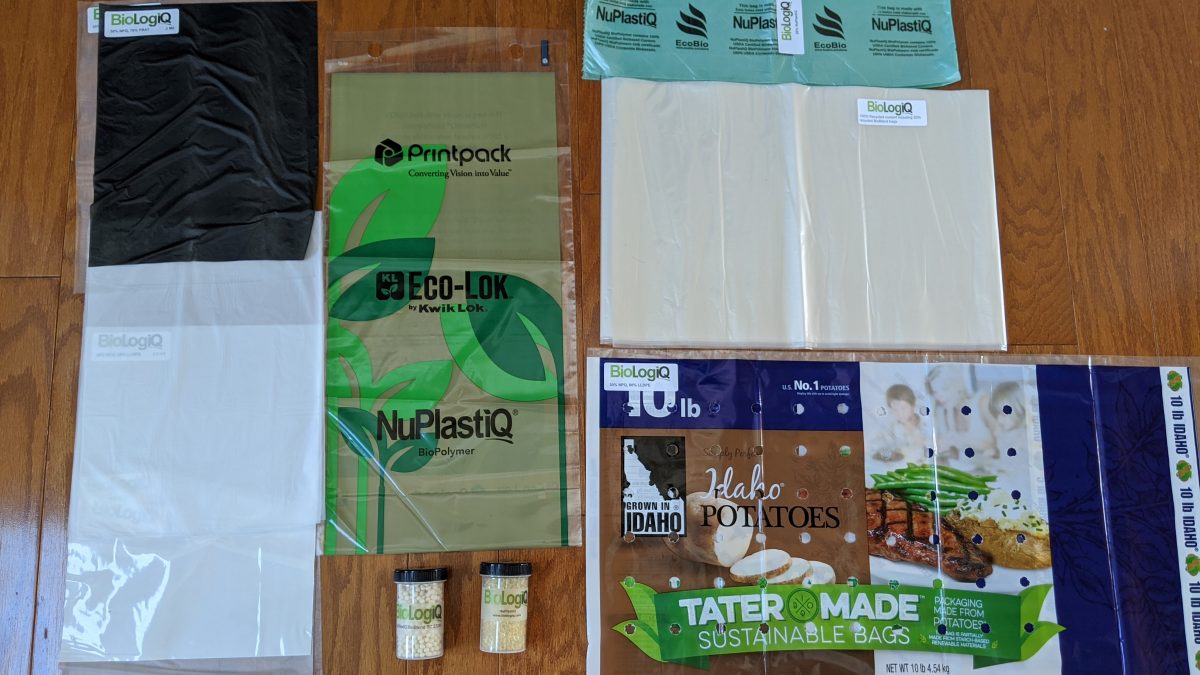When plastics first started being mass-produced at the turn of the 20th century, they quickly became popular because of their durability, resistance to heat, and their ability to act as an electrical insulator. Durability was plastic’s claim to fame but in recent years, as more and more plastic is produced in a largely one-time use consumer-based world, its durability is its greatest downfall. Research shows that it could take up to 1,000 years for plastic to decompose in landfills with plastic grocery bags taking anywhere from 10 to 1,000 years and plastic bottles 450 years or more to decompose.
If you think the manufacturing process is the most environmentally-unfriendly part of the lifecycle of plastic, think again. During the degradation process, sunlight breaks up the polymer molecules, potentially releasing toxic chemicals like phthalates and bisphenol-A (BPA), while also reducing the size of the plastic to the microscopic level. These microplastics can then enter waterways, causing harm to humans and animals alike. This process is common to plastics like polyethylene terephthalate (PET), low-density polyethylene (LDPE), high-density polyethylene (HDPE), and polyvinyl chloride (PVC). Despite the dangers and environmental hazards associated with plastic, it is found in more places than you might imagine, including clothing. So, while many people attempt to limit their use of plastic by bringing reusable canvas bags to the grocery store or drinking from a reusable water bottle, plastic is unavoidable in today’s day and age and it inevitably ends up in our landfills and waterways.
Fortunately, there has been a major move in the plastics industry to come up with more environmentally friendly alternatives to traditional plastics. One example is the plant-based biopolymer called NuPlastiQ (pronounced ‘new plastic’) created by the plastic resin manufacturing company BioLogiQ (pronounced ‘biologic’). Rather than conventional plastics derived from petroleum, NuPlastiQ is made from renewable starch like potatoes. Now while some might say that this could lead to a shortage in the food supply, it’s worth mentioning that BioLogiQ’s proprietary process uses different types of starches including the by-product of processing fries and potato chips – these are starches which would otherwise be discarded. NuPlastiQ has other unique advantages too.
The starch-based biopolymer can easily be blended with other plastic resins, including petroleum-based and bio-based materials. In fact, because of the strength of NuPlastiQ, plastic bags that are 25% NuPlastiQ and 75% LDPE can be made 30% thinner while retaining the same amount of strength. This means that 50% less petroleum-based plastic is needed to manufacture plastic bags, which, for certain applications, actually saves companies money. As more environmentally-friendly and cost-efficient products are developed by companies like BioLogiQ, the plastics industry will be revolutionized for the better. Only time will tell how fast we get there and what new products will be developed.
David J. Lundy is a guest blogger for Ray’cycle Plastics Challenge. David is a senior chemical engineering and economics student at Bucknell University. In his free time he enjoys learning more about sustainability efforts in industry and how to personally live a more environmentally-conscious life.

